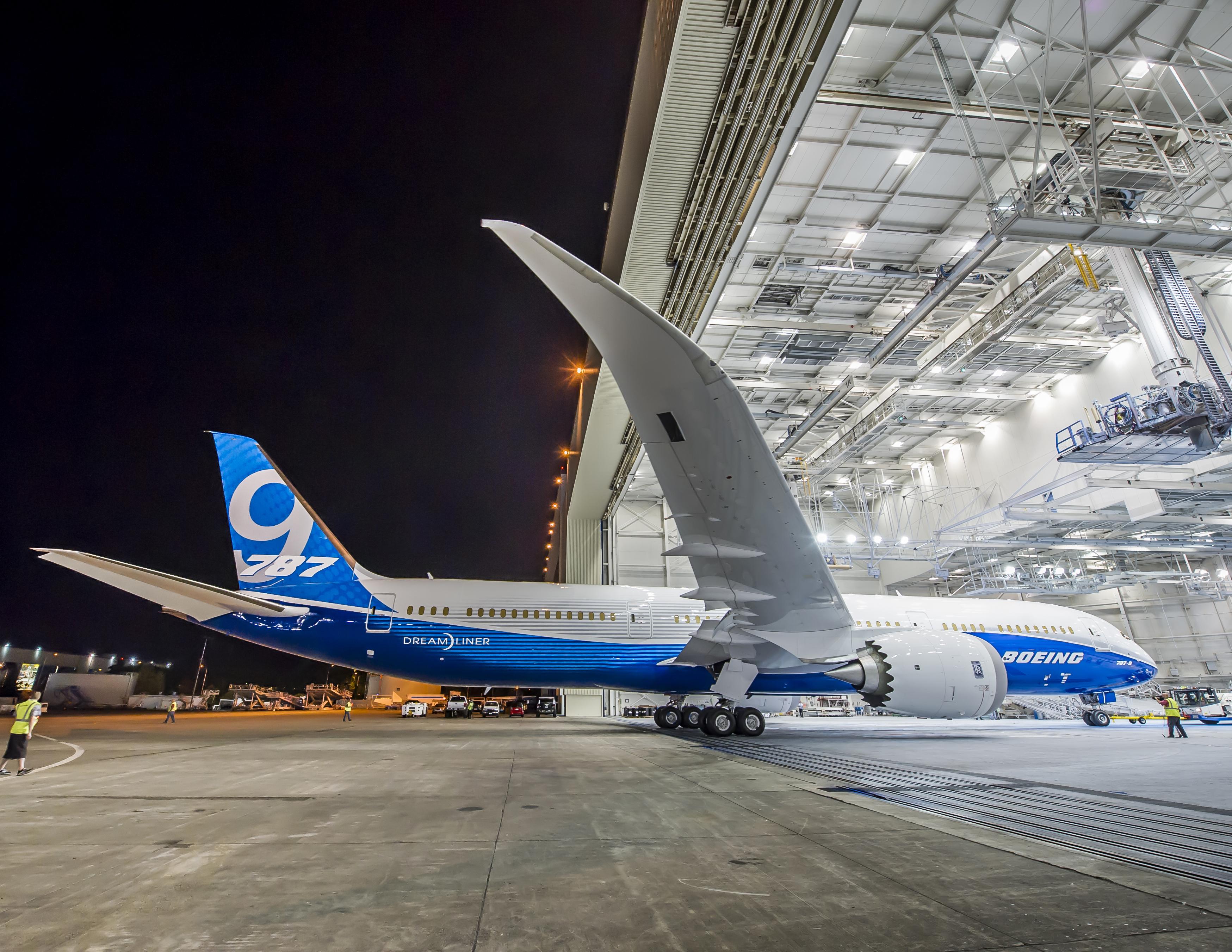
Credit: Boeing
Note: This article has been updated with additional details on the wheelwelll shim issue and context on previously reported 787 production issues. WASHINGTON—The FAA plans to order inspections for cracking near the wheelwell on “certain” Boeing 787-8s and -9s linked to improper shimming during...
Subscription Required
This content requires a subscription to one of the Aviation Week Intelligence Network (AWIN) bundles.
Schedule a demo today to find out how you can access this content and similar content related to your area of the global aviation industry.
Already an AWIN subscriber? Login
Did you know? Aviation Week has won top honors multiple times in the Jesse H. Neal National Business Journalism Awards, the business-to-business media equivalent of the Pulitzer Prizes.


